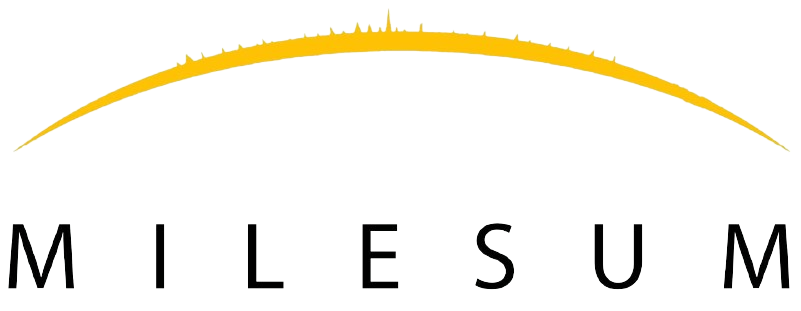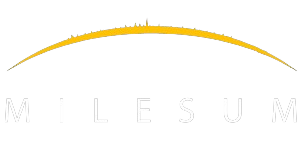Taming the Workload: How Task Management Tools Empower Companies

In today’s fast-paced business environment, companies juggle multiple projects, deadlines, and employee workloads. This complexity can lead to missed deadlines, confusion, and ultimately, a decline in productivity. Task management tools emerge as a powerful solution, offering a centralized platform to streamline workflows, boost efficiency, and empower employees to achieve their best.
This article delves into the numerous benefits task management tools bring to companies of all sizes. We’ll explore how these tools enhance productivity, improve communication, and foster a culture of accountability, ultimately leading to a more successful and competitive organization.
Unleashing Productivity: The Power of Organization
Task management tools act as the digital backbone for organizing work. By allowing teams to create, assign, and track tasks in a single platform, they eliminate the chaos of scattered to-do lists and sticky notes. This centralized approach offers a multitude of advantages:
- Prioritization and Focus: Tools allow teams to prioritize tasks based on urgency and importance. This clarity helps employees focus on the most critical work, ensuring deadlines are met and project goals are achieved.
- Improved Time Management: Time tracking features within these tools provide valuable insights into how employees spend their time. This awareness empowers them to identify areas for improvement and optimize their schedules for better time management.
- Reduced Procrastination: The visual representation of tasks and deadlines in a task management tool acts as a constant reminder of what needs to be done. This helps employees stay on track and avoid procrastination, leading to a more productive workday.
- Automated Workflows: Many tools offer automation capabilities, streamlining repetitive tasks. This frees up valuable time for employees to focus on more strategic and creative work, boosting overall productivity.
Communication & Collaboration: Working Together Seamlessly
Effective communication is vital for successful teamwork. Task management tools act as a communication hub, fostering collaboration and transparency within teams. Here’s how:
- Centralized Communication: Discussions, notes, and file sharing can all happen within the task itself, eliminating the need for scattered email threads or lengthy meetings. This centralized communication streamlines information flow and ensures everyone is on the same page.
- Real-Time Updates: Team members receive instant notifications when tasks are assigned, updated, or completed. This real-time visibility fosters collaboration and helps teams adapt quickly to changes or roadblocks.
- Improved Transparency: Task management tools offer a clear view of individual and team workloads. This transparency promotes accountability and helps managers identify areas where additional support may be needed.
- Remote Collaboration: In today’s hybrid work environment, task management tools bridge the gap between remote and in-office employees. Features like video conferencing and chat functionalities allow teams to collaborate seamlessly regardless of location.
Building Accountability: Fostering Ownership and Responsibility
A strong sense of accountability is essential for a high-performing team. Task management tools play a crucial role in fostering this accountability by:
- Clear Ownership: Assigning tasks clearly within the tool ensures everyone knows what they are responsible for and by when. This eliminates confusion and promotes ownership of individual tasks.
- Visibility and Tracking: Team members and managers can easily track the progress of tasks and identify any potential delays. This visibility encourages individuals to stay accountable and meet their deadlines.
- Performance Measurement: Task management tools allow managers to track individual and team performance based on completed tasks and adherence to deadlines. This data can be used to provide constructive feedback and identify areas for development.
- Recognition and Reward: The ability to highlight completed tasks within the tool provides a platform for recognizing individual and team achievements. This recognition boosts morale and motivates employees to stay accountable.
Beyond the Basics: Additional Benefits for Companies
Task management tools offer a multitude of advantages beyond the core benefits of organization, communication, and accountability. Companies can leverage these features to gain a significant competitive edge:
- Improved Resource Allocation: By visualizing workloads and skillsets, managers can efficiently allocate resources to projects, ensuring the right people are working on the right tasks.
- Enhanced Customer Satisfaction: Task management tools can help streamline customer service workflows, ensuring timely responses and resolutions to customer inquiries. This translates to improved customer satisfaction and loyalty.
- Scalability and Growth: As companies grow, task management tools can scale to accommodate additional projects, teams, and employees. This ensures consistent workflows and efficient operations regardless of size.
- Data-Driven Decision Making: Many task management tools offer reporting features that provide valuable insights into team performance and project progress. This data can be used to make data-driven decisions and optimize future projects.
Choosing the Right Tool: Considerations for Businesses
With a vast array of task management tools available, selecting the right one for your company is crucial. Here are some key factors to consider:
- Company Size and Needs: Choose a tool that can scale to accommodate your current and future needs.
- Team Structure: Consider how your

